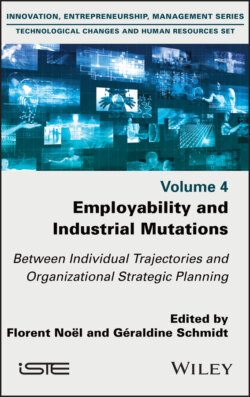Читать книгу Employability and Industrial Mutations - Группа авторов - Страница 30
2.1.3. Employability as an individual responsibility
ОглавлениеCareer paths are increasingly incorporating the hypothesis of negotiated mobility, in the image of the mutual agreement of termination which has largely replaced redundancies for economic reasons (Milin 2018). Moreover, public policies to combat unemployment are changing: safeguarding employment is becoming secondary, to the benefit of competitiveness, a guarantee of growth and employment. The objective is to strengthen the capacity of organizations to succeed in the face of change and, to this end, to enhance the mobility of individuals. Skills development systems are increasingly designed to serve evermore mobile careers. The emphasis placed on lifelong learning, the strengthening of financing methods outside the company, and the increased flexibility in the ways in which employment contracts are terminated are all part of this trend towards making individuals responsible for their own career paths.
Employability is then assessed in terms of the dynamism and quality of the career path, in a perspective similar to what Gazier calls “employability-performance”. From this perspective, employees are expected to be able to evolve, to be mobile and adaptable, and to be willing to make optimal use of their skills (Van der Heijde and Van der Heijden 2006; Fugate and Kinicki 2008).
